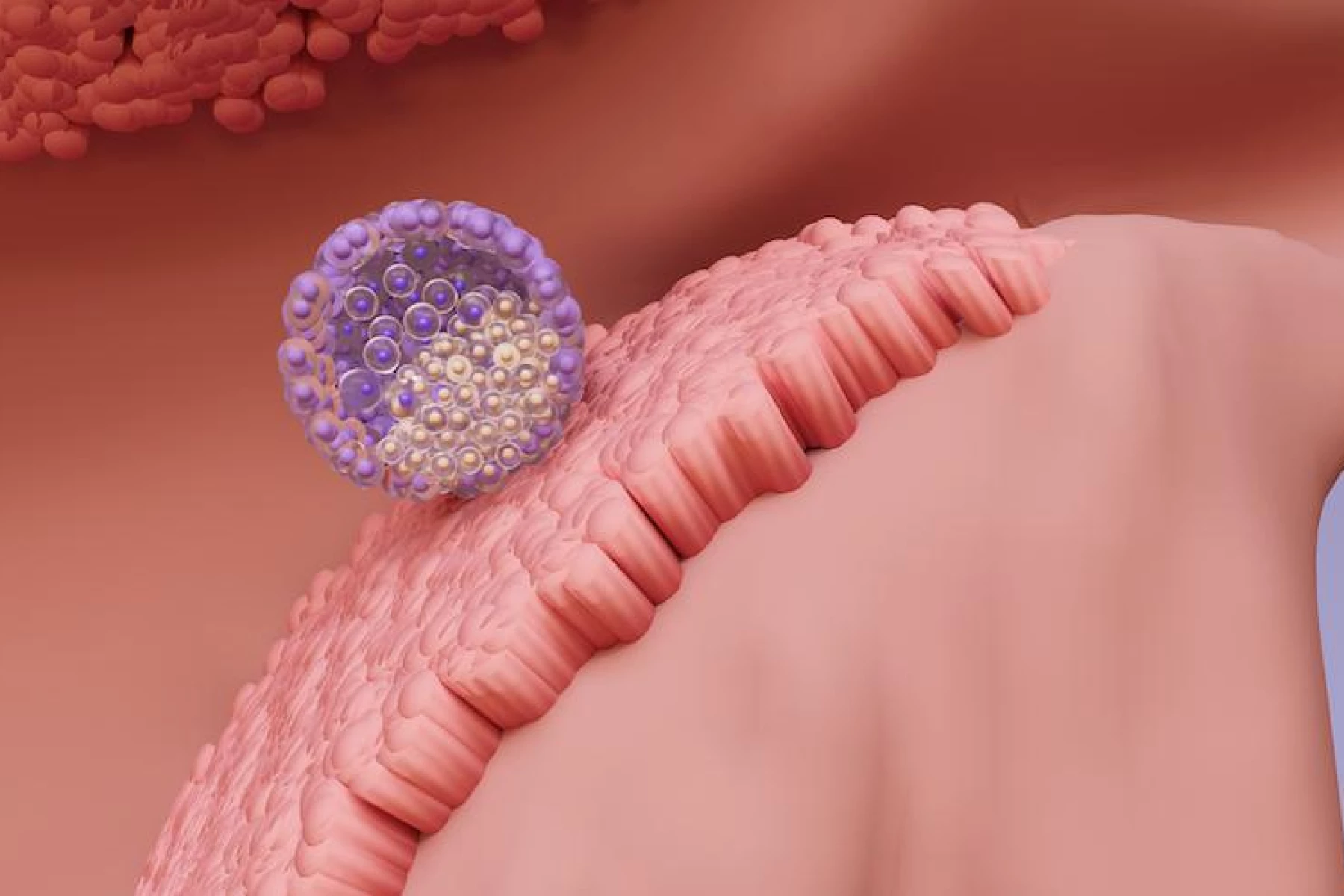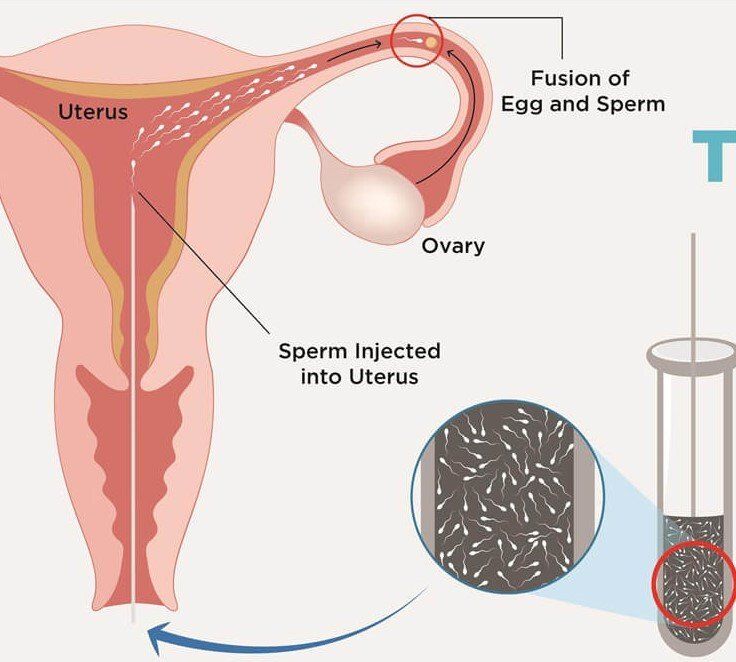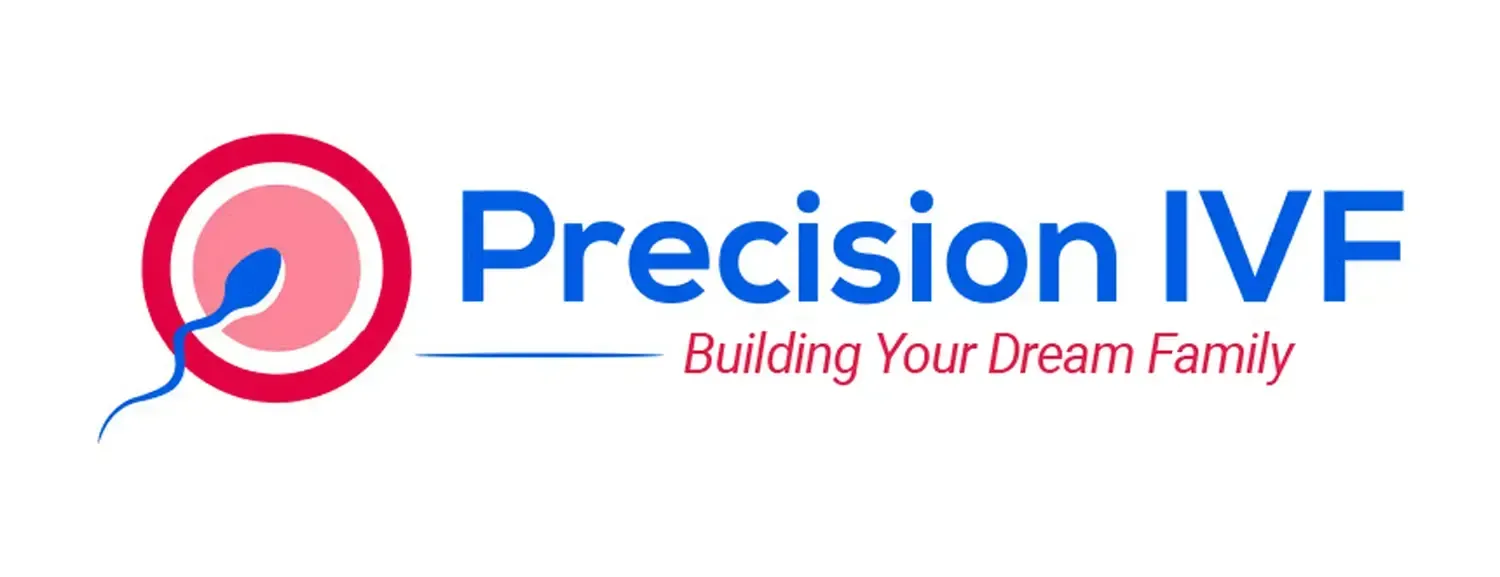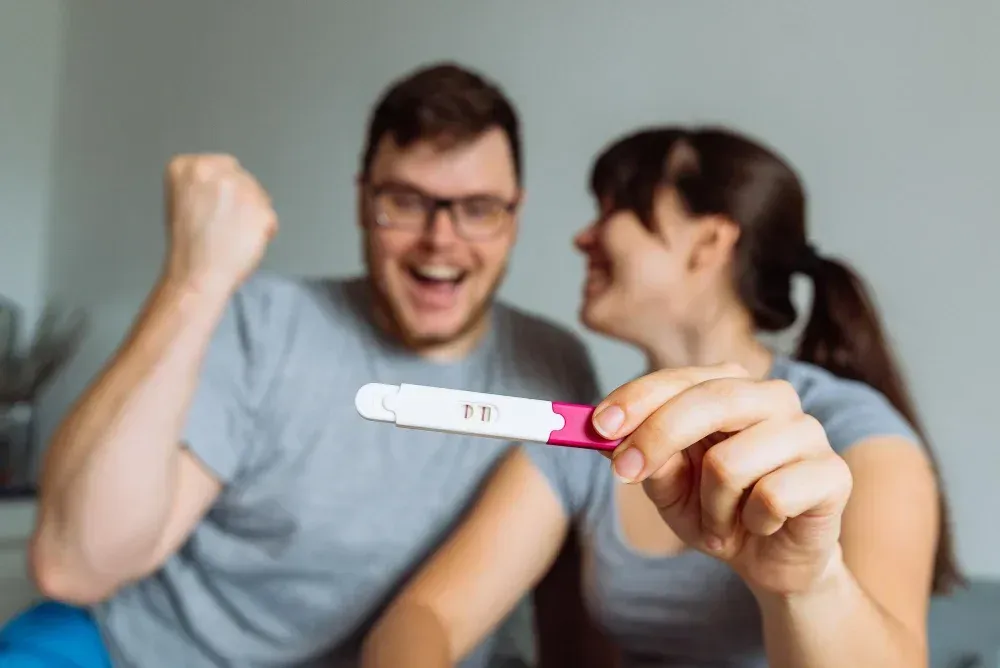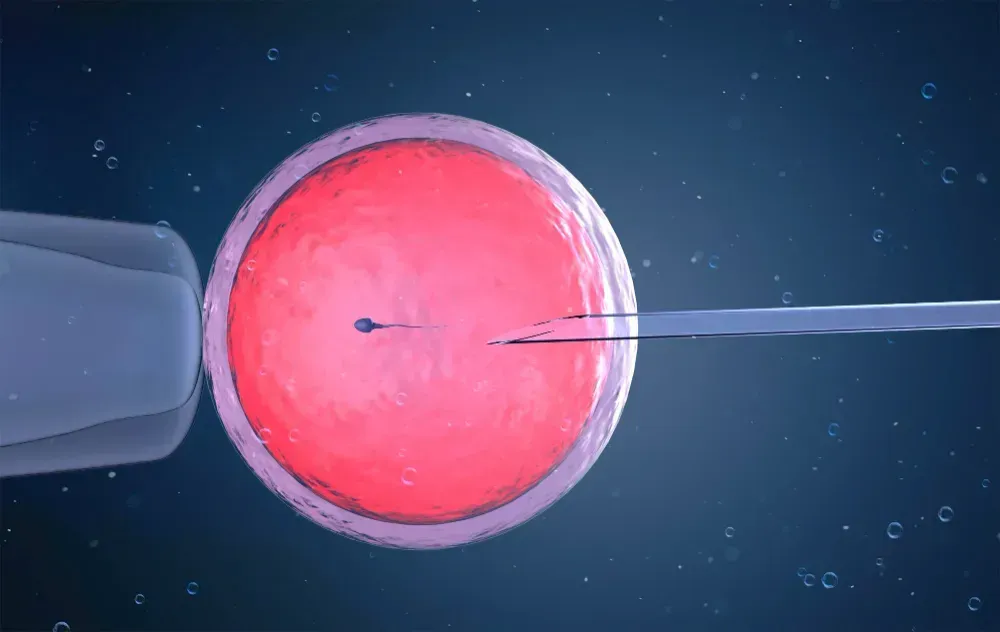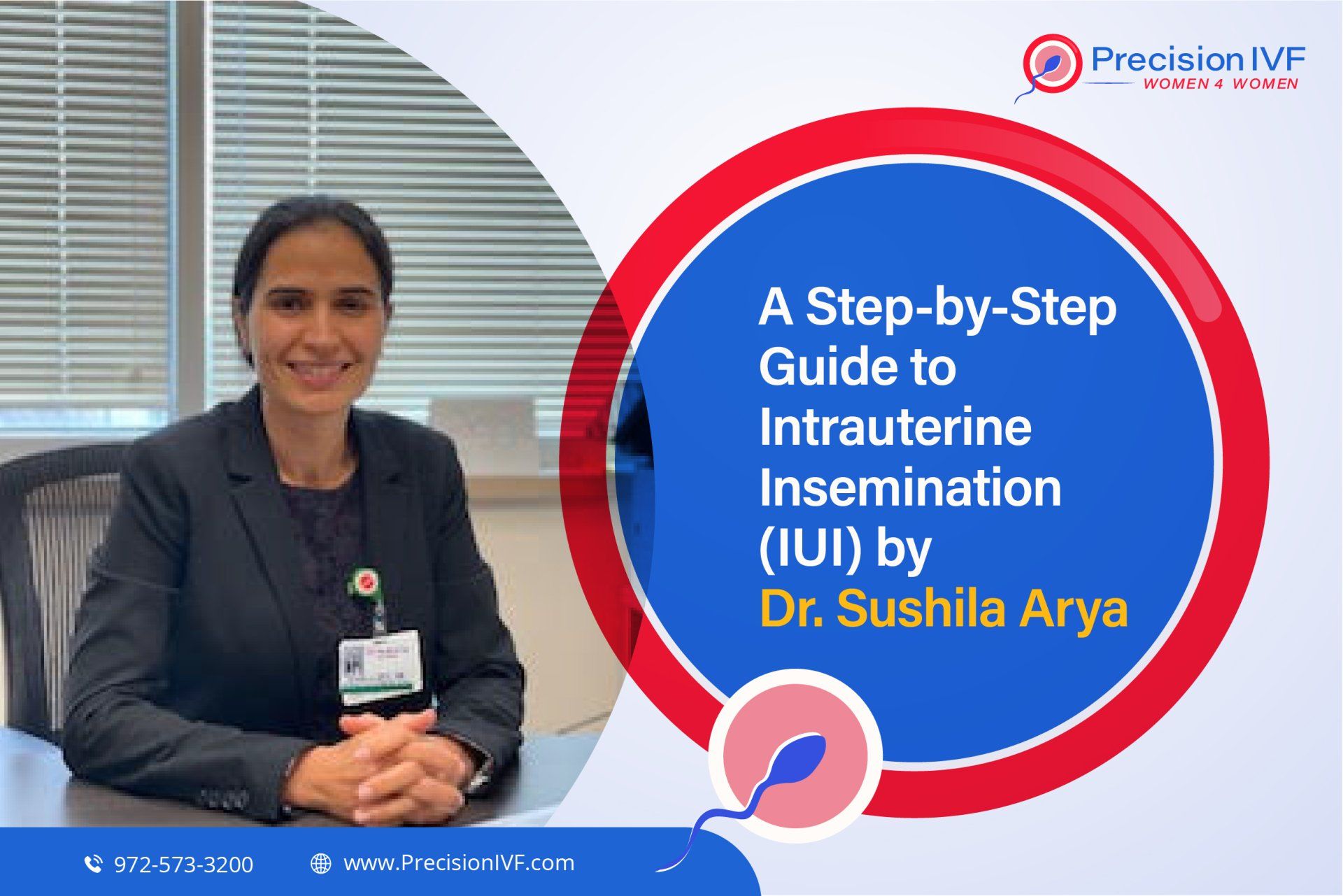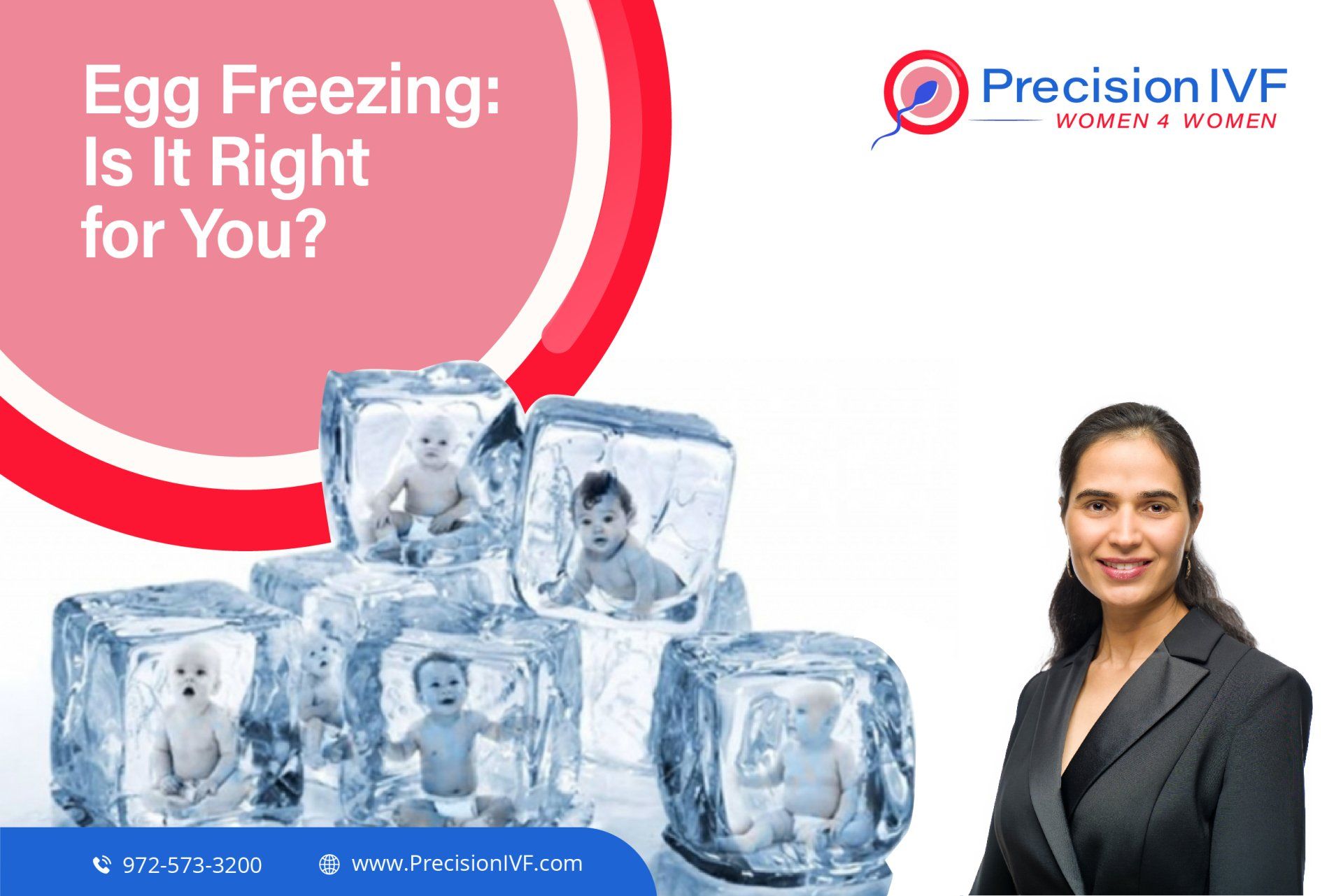IUI Babies vs Normal Babies: What Every Parent Should Know?

When couples face challenges conceiving naturally, it’s common to explore fertility treatments like Intrauterine Insemination (IUI). But one question often lingers in the minds of expectant parents: Are IUI babies different from normal babies?
This question stems from curiosity, love, and sometimes fear. Many worry whether medical intervention affects their child’s health, intelligence, or emotional development. The reassuring truth? There’s virtually no difference between IUI babies vs normal babies when it comes to health, genetics, or growth.
In this comprehensive guide, we’ll explain what the IUI process involves, how an IUI pregnancy happens, and what science says about the similarities and differences between IUI babies and naturally conceived ones.
Understanding the IUI Process
Before we explore IUI babies vs normal babies, it’s essential to understand what IUI actually is and how it works.
Intrauterine Insemination (IUI) is a simple, minimally invasive fertility procedure. During the IUI process, the doctor collects a sperm sample from the male partner (or donor), prepares it by removing inactive sperm, and then places the healthiest sperm directly into the uterus during ovulation.
This shortens the journey the sperm must travel to reach the egg, increasing the chances of fertilization. Unlike IVF, where fertilization occurs outside the body, IUI pregnancy happens naturally inside the uterus — just like in normal conception.

When Is IUI Recommended?
Fertility specialists recommend IUI in several cases such as:
- When the sperm count or movement is slightly below normal.
- For couples with no clear medical reason for infertility, IUI offers a simple and effective treatment.
- If the cervical mucus is too thick or hostile to sperm, IUI bypasses this barrier by delivering sperm directly to the uterus.
- Women who don’t ovulate regularly may benefit from IUI combined with fertility medications.
- IUI is a supportive option for men who experience difficulty during intercourse, ensuring sperm reaches the egg without stress or pressure.
- Single women or same-sex couples wanting to conceive
In most cases, IUI is the first step before more advanced treatments like IVF.
How Does an IUI Pregnancy Happen?
To understand IUI babies vs normal babies, let’s look at how conception differs slightly between the two.
1. In Natural Conception
During sexual intercourse, sperm is deposited in the vagina and must swim through the cervix and uterus to reach the fallopian tube, where it meets the egg. Only one sperm eventually fertilizes the egg, leading to natural conception.
2. In an IUI Pregnancy
In an IUI pregnancy, sperm is washed and directly inserted into the uterus, bypassing the cervix. The sperm still needs to reach the fallopian tube and fertilize the egg naturally, the only difference is that medical assistance helps it get closer to the egg.
So, the main distinction lies in how the sperm reaches the egg, not in how fertilization or pregnancy occurs.
The rest of the journey, from fertilization to embryo growth, implantation, and fetal development is entirely natural.
IUI Babies vs Normal Babies: Are They Different?
Let’s address the core question: Are there any real differences between IUI babies and naturally conceived babies?
In short: No. IUI babies are just as healthy, normal, and loved as any other baby.
Here’s a closer look at how they compare in key areas:
1. Genetic Makeup
IUI babies are genetically identical to normal babies because they come from the same egg and sperm. The IUI method doesn’t alter genes, it only assists sperm in reaching the egg.
Whether the sperm and egg come from the intended parents or donors, the genetic contribution remains natural.
If a couple uses IUI with their own sperm and egg, their child inherits their DNA just as in natural conception. There’s no manipulation or laboratory alteration involved.
2. Physical and Mental Development
Multiple studies have shown that IUI babies grow, learn, and develop at the same rate as normal babies.
- They reach milestones such as crawling, walking, and talking at typical ages.
- There’s no evidence that IUI babies have delayed development or reduced intelligence.
- Cognitive and emotional development are comparable in both groups.
A 2024 study published in Human Reproduction confirmed that children born through IUI pregnancy show no difference in physical health or brain development compared to naturally conceived children.
3. Health and Immunity
Both IUI babies vs normal babies share similar health outcomes. The method of conception doesn’t increase the risk of birth defects or genetic disorders.
If any health issue occurs, it’s usually related to the parents’ genetic or medical background, not the IUI treatment itself.
Doctors often monitor IUI pregnancies closely, not because of higher risks but as a precaution due to the assisted conception. Most IUI pregnancies result in full-term, healthy deliveries.
4. Emotional Bonding
Some parents worry that using medical help might reduce their emotional connection with the baby. In reality, the opposite is true.
The journey to conceive through IUI often strengthens the emotional bond. The patience, resilience, and hope parents experience during the process deepen their attachment once the baby arrives.
Whether through IUI or natural conception, the love and bond between parent and child grow from nurturing, not from how conception occurred.
5. Pregnancy and Birth Outcomes
An IUI pregnancy typically progresses like a natural one. The hormonal changes, symptoms, and trimesters are identical.
However, if fertility medications are used, there’s a slightly higher chance of multiple births (twins or triplets). Apart from this, outcomes such as gestational period, labor, and birth weight are nearly identical to those in normal pregnancies.
If both mothers are healthy, one who conceived through IUI and the other naturally, then their babies typically have similar birth weights and developmental patterns.
Common Myths About IUI Babies vs Normal Babies
Despite clear medical evidence, several myths still surround IUI babies vs normal babies. Let’s clear them up one by one:
Myth 1: IUI babies are “artificial”
Truth:
IUI is not artificial fertilization. It only assists sperm in reaching the egg. Fertilization, embryo growth, and implantation happen naturally inside the uterus just like in normal conception.
Myth 2: IUI babies are weaker or less healthy.
Truth:
Scientific research proves that IUI babies are just as healthy as naturally conceived ones. They meet all developmental milestones, show normal immunity, and thrive physically and mentally.
Myth 3: IUI increases genetic defects.
Truth:
Genetic risks depend on the parents’ DNA, not the IUI process itself. The procedure doesn’t alter chromosomes or genes in any way.
Myth 4: IUI babies can’t bond emotionally.
Truth:
Emotional bonding has nothing to do with conception. It’s built through love, care, and shared experiences. Many parents say the IUI journey made them appreciate parenthood even more.
Myth 5: IUI babies are different in appearance or intelligence.
Truth:
There’s no evidence that an IUI baby looks or behaves differently from a naturally conceived child. They inherit traits, intelligence and appearance just like any other baby.

Are There Any Risks in an IUI Pregnancy?
IUI pregnancy is generally a safe fertility procedure. Most risks are minor and are often related to the fertility medications used to stimulate ovulation rather than the insemination itself.
Mild Cramping or Spotting
Some patients may experience light cramping or spotting shortly after the procedure. This is usually temporary and resolves on its own without intervention.
Slightly Increased Chance of Twins or Triplets
Fertility medications can occasionally lead to multiple ovulations, which increases the likelihood of a twin or triplet pregnancy. Your doctor will monitor your cycle closely to minimize this risk.
Ovarian Hyperstimulation (Rare)
In rare cases, fertility medications may cause ovarian hyperstimulation, leading to swollen or tender ovaries. This condition is usually temporary and can be managed with medical guidance.
Emotional Stress
Going through multiple IUI cycles can be emotionally challenging. Support from healthcare providers, family, and counselors can help patients manage stress and maintain well-being.
Minimal Procedure-Related Risk
The IUI procedure itself is minimally invasive and poses little to no risk for both mother and baby. With proper medical supervision, complications are extremely rare.
How IUI Helps Couples Emotionally?
For many couples, undergoing the IUI process brings emotional relief and renewed hope. While infertility can feel isolating, IUI offers a gentle and affordable path to parenthood.
The experience often strengthens relationships, as partners support each other through medical appointments, lifestyle changes and emotional ups and downs.
Holding an IUI baby in their arms after this journey often feels even more meaningful, not because of how the baby was conceived, but because of the resilience it took to get there.
The Science Behind IUI Babies Health
Medical research across decades confirms that IUI babies vs normal babies share nearly identical health outcomes.
Here’s what studies reveal:
- No increased risk of congenital abnormalities or chromosomal issues.
- Normal birth weights and gestation lengths compared to natural pregnancies.
- Comparable cognitive and physical development from infancy to adolescence.
One long-term study even tracked children conceived via IUI until age 18 — finding no difference in intelligence, mental health, or academic performance compared to their naturally conceived peers.
Why Society Needs to Normalize IUI?
Despite growing awareness, the stigma around assisted conception still exists. Education is the best way to end these misconceptions.
Understanding that IUI babies vs normal babies are the same helps promote empathy and acceptance. Every child, regardless of how they were conceived, deserves love, respect, and celebration.
By normalizing discussions about fertility treatments, we empower families to seek medical help without fear or shame. Parenthood is about love, not the method of conception.
Choosing the Right Clinic for Your IUI Journey
If you’re considering IUI, selecting a reputable fertility clinic matters. At Precision IVF, we combine advanced reproductive technology with personalized care.
Our fertility specialists ensure that every stage from ovulation tracking to sperm preparation is handled with precision, compassion and confidentiality.
We aim to make your IUI pregnancy experience positive, transparent, and emotionally supportive.
Final Thoughts
The debate about IUI babies vs normal babies often arises from myths rather than facts. The truth is simple and comforting, IUI babies are just as normal, healthy, and loved as any other child.
The IUI process merely provides a helping hand to nature. Once fertilization occurs, everything from embryo development to childbirth, follows the same biological journey as a natural pregnancy.
Whether conceived through IUI or not, every baby is a miracle of life. What matters most isn’t the method of conception, but the love and care that nurture them.
Frequently Asked Questions
1. Is the IUI process painful?
Most women describe the IUI process as slightly uncomfortable rather than painful. You might feel mild cramping, similar to period pain, but it usually goes away within a few minutes after the procedure.
2. Can IUI increase the chance of twins?
Yes, if fertility medications are used to stimulate the ovaries, there’s a slightly higher chance of multiple pregnancies, such as twins. However, your fertility doctor will carefully monitor the number of eggs released to minimize this risk.
3. Are IUI babies born healthy?
Absolutely. IUI babies vs normal babies show no major difference in health, intelligence, or growth. Studies confirm that IUI babies meet developmental milestones like walking, talking, and learning at the same rate as other children.
4. Does IUI cause birth defects?
No. The risk of birth defects in IUI babies is the same as in naturally conceived babies. Genetic health depends on the parents’ DNA, not on the conception method.
5. How long does it take to get pregnant through IUI?
Every couple is different. Some couples get pregnant on their first IUI attempt, while others may need 3–6 cycles. Success depends on factors like age, sperm quality, and overall fertility health.
6. What is the success rate of an IUI pregnancy?
The success rate of an IUI pregnancy typically ranges from 10% to 20% per cycle. Younger women with healthy eggs and good sperm quality have higher chances of success.
7. Is IUI safe for both mother and baby?
Yes, IUI is a safe fertility procedure with minimal risks. It’s less invasive than IVF and doesn’t require surgery. Both the mother and baby are completely safe throughout the pregnancy.
